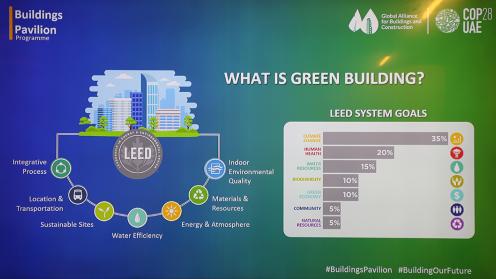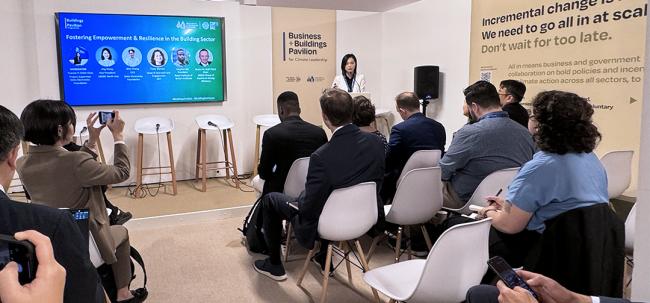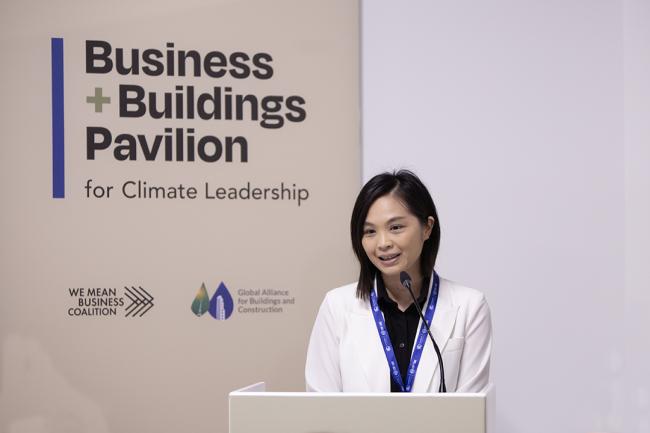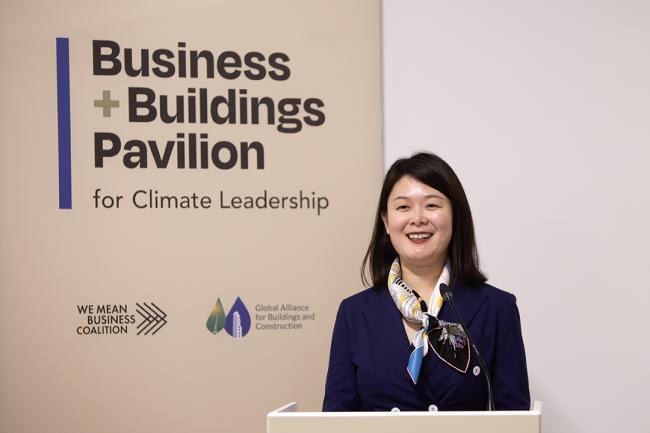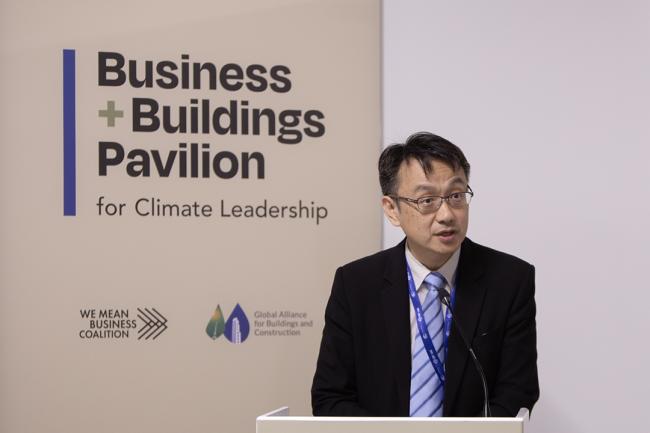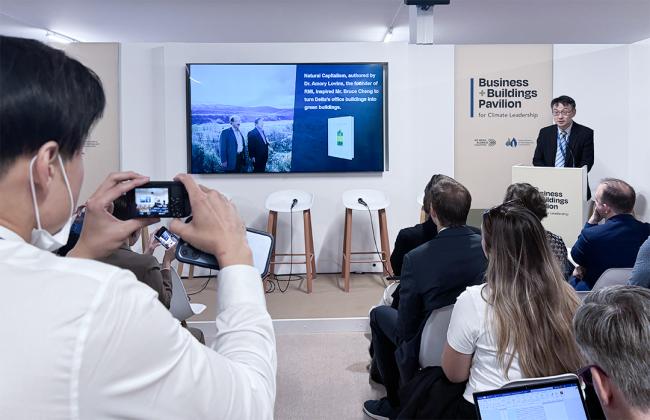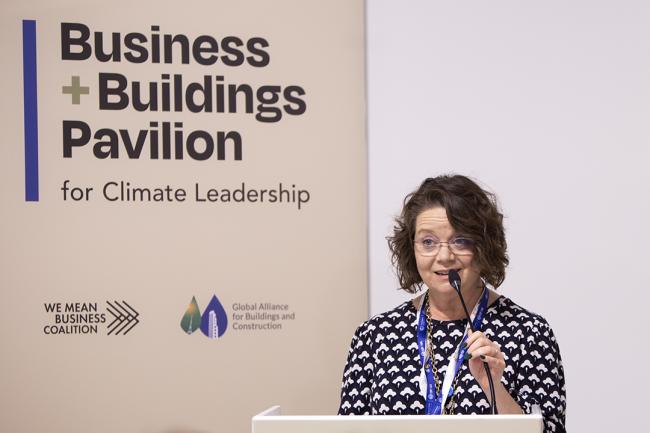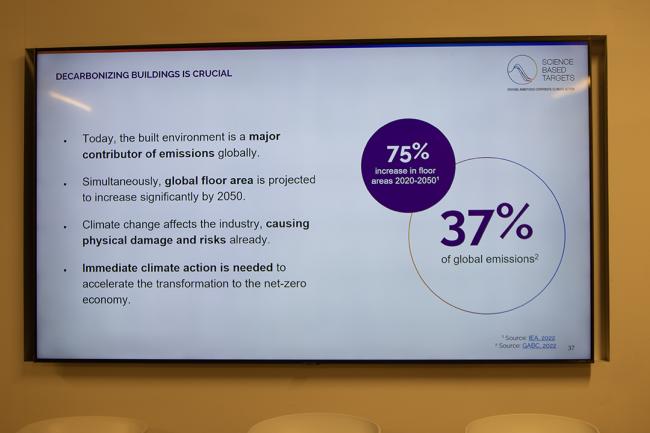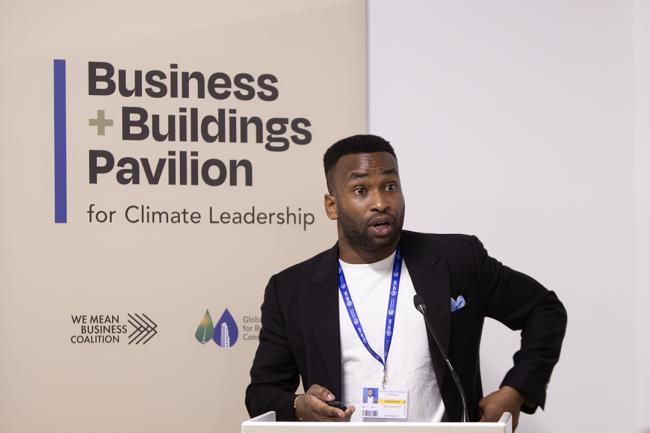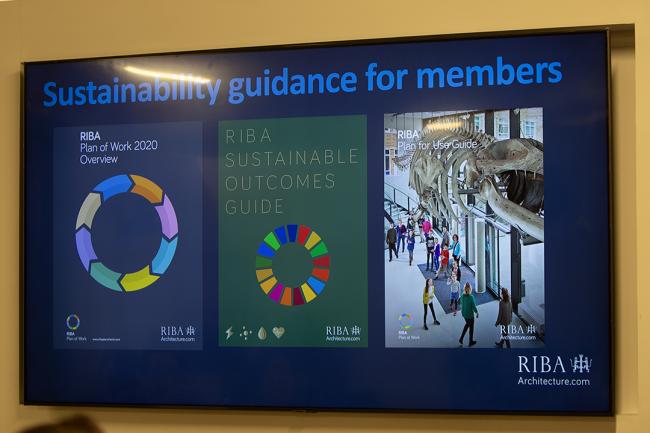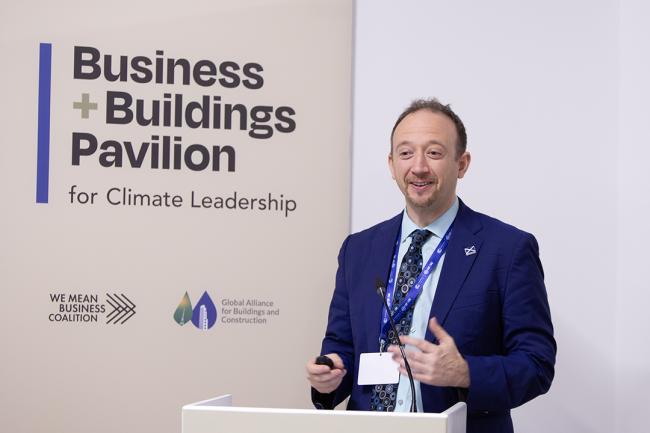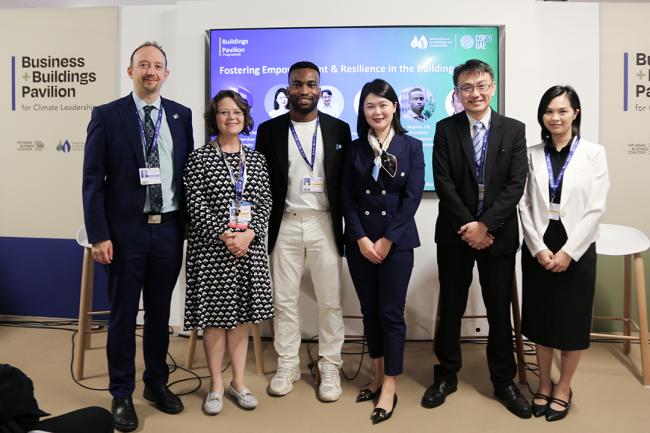About
Protection and restoration of peatlands are critical actions if the world is to meet climate targets under the Paris Agreement. This event highlighted policies, funding, and best practices for keeping these carbon sinks in the climate fight.
A decarbonized and resilient built environment, which consists of man-made structures, features, and facilities, is urgently required to minimize the impacts of climate change on communities. However, a critical lack of built environment professionals and public awareness hinder progress. This event, organized by Delta Electronics Foundation (DEF), in partnership with the US Green Building Council (USGBC), Science Based Targets initiative (SBTi), Royal Institute of British Architects (RIBA), and UN Economic Commission for Europe (UNECE), shared how different organizations accelerate decarbonization and resilience in the building sector through holistic education and upskilling programmes, establishing guidance and databases, and promoting relevant practices.
Moderator Yvonne Yi-Chieh Chan, DEF, opened the event by focusing on the role DEF has played in supporting the greening of the built environment to support climate mitigation for over a decade. She underscored the growing visibility of net-zero buildings in urban environments, pointing to the need to raise further awareness of the benefits of net-zero buildings for sustainable urban development.
Jing Wang, USGBC North Asia, focused her discussion on harnessing the power of the LEED certification, a green building rating system, to drive sustainability at increasing scales. She described the evolution of the LEED V5 for Operations and Maintenance Framework and its holistic approach to sustainable building development that tackles not only carbon emissions, but also other dimensions, such as water efficient landscaping, active occupant designs that enhance well-being, and waste management. She showcased a host of green supertall buildings and commercial developments that follow this holistic approach to sustainable urban development.
Wim Chang, CEO, DEF, spoke about the need to foster empowerment and promote resilience in green buildings through the education of architects and the general public. Emphasizing DEF’s growing focus on net-zero buildings, he highlighted some of the over 30 Delta-supported, LEED-certified, and net-zero building projects, and emphasized Delta’s commitment to reach RE100 by 2030. He also discussed opportunities to rebuild climate-resilient structures, citing the use of passive designs to reconstruct a public school devastated by a mudslide. He also discussed the emerging importance of micro climate data to support architects to factor climate information into the construction of green buildings, as well as the growing shift toward the impacts of embodied carbon on emissions in the building sector. He concluded by underscoring that “90% of today’s technology can fulfill our commitment to net-zero,” but that technology alone cannot be the driving force. “We need social acceptance to bring the vision of resilience and net-zero to fruition,” he concluded.
Tracy Wyman, SBTi, outlined the Buildings Sector Science-Based Target-Setting Guidance developed to establish a common methodology for companies to align with the goal of limiting global warming to 1.5°C. She noted that the building sector is a significant global emitter that is scantly discussed, with 37% of global emissions coming from the sector and growing as built floor space is expected to increase 75% by 2050. She recognized that “humanity needs buildings,” and that the sector needs to embrace LEED certifications and sign onto science-based targets to reduce emissions. She added, however, that the building sector is “vast and complicated,” and that while the Guidance framework can support a number of actors, such as developers, occupiers, property managers, and financial institutions, it does not include standards for materials manufacturers, design professionals, and construction companies.
Muyiwa Oki, President, RIBA, shared his thoughts on building the capacity of architects to embrace the net-zero building concept through collaboration and upskilling among built environment professionals. He highlighted the Landmark Commonwealth Pact, supported by ten members of the Commonwealth Association of Architects (CAA), that seeks to support the development of resilient urban areas. He stressed the importance of ensuring countries are equipped with the capacity and skills needed to engage in this work by increasing climate literacy and creating mechanisms for dynamic exchange between organizations in the CAA. He reported that RIBA is supporting sustainable design through different guidance documents to demonstrate how, as a profession, architects are working to upscale their skills, capacities, and competencies to embrace net-zero building designs.
Stefan Buettner, UNECE, focused on what is needed to achieve resilience and decarbonization of the buildings industry. He reiterated the need to empower designers, constructors, building fitters, and building owners, noting that green buildings require knowledge on how to configure and effectively utilize new technologies. He underscored the need to also focus on existing buildings by retrofitting to keep them operational while improving their performance. He acknowledged the challenges of integrating new technologies in existing buildings in different industrial, commercial, and residential settings. He emphasized the importance of developing context-specific collaborative strategies with building owners and users tailored to the appropriate technologies for each case.
The event concluded with a discussion amongst panelists on: challenges of fragmentation within the building sector that hinder the scaling up of green buildings; whether the sector is on track to meet the 1.5°C target; solutions to catalyze green building development across the whole built environment value chain; and the potential trade-offs of decarbonization and building for resilience.
Organizer: Delta Electronics Foundation
Contact: Johnny Shih - Johnny.shih@deltaww.com I Yi Chieh Yvonne Chan, Yvonne.Chan@Delta-foundation.org.tw
More information: https://www.delta-foundation.org.tw/en
To receive free coverage of global environmental events delivered to your inbox, subscribe to the ENB Update newsletter.
All ENB photos are free to use with attribution. For this COP 28 side event, please use: Photo by IISD/ENB | Angeles Estrada Vigil
